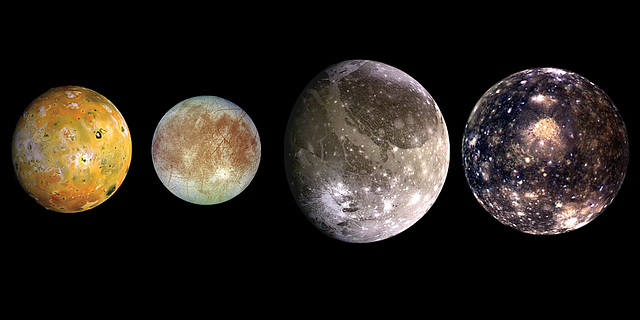Leading scientists are moving to give a cause — one that has been thought unlikely to happen – its best shot: reinstating Pluto’s status as a planet.
Pluto was considered the ninth planet for 75 years after it was discovered. It was a fact that all schoolchildren were taught, even while it was considered the “runt of the litter,” compared to the giant Jupiter and Saturn, The Seattle Times reports.
Around ten years ago, Pluto was suddenly displaced, downgraded to a “dwarf planet” and no longer written down as part of the Solar System line-up. But the cold, icy planet still has people rooting for it. Kirby Runyon, a Johns Hopkins University planetary scientist leading the efforts to restore Pluto’s lost title, says, “People like to root for the underdog.”
Runyon and some colleagues have started what is seen as Pluto’s best shot in years at returning to its rightful place. And it wouldn’t be the only change, if planetary scientists have their way.
According to Runyon’s generous definition, a planet would mean the Earth’s moon is counted as one, along with 110 other heavenly bodies.
Other scientists think the move is based on nothing but sentiment. “This is really just a Pluto-nostalgia thing dressed up like science,” Mike Brown, an astronomer at the California Institute of Technology says. “The Pluto-huggers think this is their chance.” Brown wrote the book on Pluto’s demotion, entitled, “How I Killed Pluto and Why It Had It Coming.”
Pluto saw a surge in renewed interest after a NASA flyby in 2015 showed images of ice mountains, canyons and cliffs. Neil deGrasse Tyson, the infamous astrophysicist and director of Hayden Planetarium in New York City, tweeted, “Dear Pluto, lookin’ good. But you’re still a dwarf planet — get over it.”
In August 2006, astronomers convened in Prague and 237 of them voted to remove Pluto from its position as the ninth planet. The International Astronomical Union rewrote the universal definition of a planet, requiring one to “clear the neighborhood around its orbit.”
Runyon argues, “This was a Hail Mary attempt on the part of the IAU to declassify Pluto. No planet has totally cleared its orbit.”
Runyon points out that even Jupiter has asteroids circling it. So he and scientists Alan Stern, the main investigator in NASA’s Pluto flyby, decided to propose a new definition that would correct things.
It’s a battle between astronomers and planetary scientists. “Among planetary scientists, almost no one considers it anything but laughable. The astronomers went into an area they don’t own or know very much about, and they made a mess of it,” Stern says.
The issue is up for consideration next week at the Lunar and Planetary Science Conference in Texas.
























